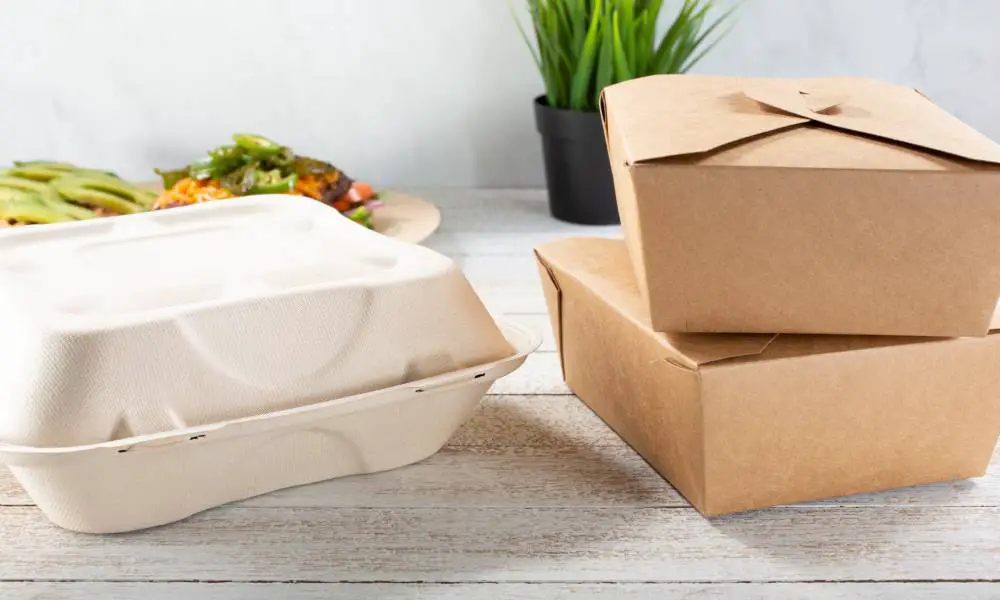

The surge in takeout dining has reshaped the food industry, especially with a growing emphasis on sustainability. With takeout orders peaking in the last few years, more attention is on the containers used to transport food.
Among the many options available, paper to-go containers are seeing a rise in popularity. Wondering why? This post explores why customers prefer paper to-go containers over many other options, and why restaurants and dining spots are beginning to switch out of Styrofoam or plastic.
Eco-consciousness is at the forefront of today’s consumer priorities, and the packaging industry is adapting. Paper to-go containers outperform their plastic or Styrofoam counterparts in terms of environmental impact. They are biodegradable, meaning they break down naturally without lingering in landfills or waterways for hundreds of years. They are also highly recyclable and give customers a tangible way to reduce waste after enjoying their meals.
Unlike plastic—much of which ends up polluting oceans despite recycling efforts—paper provides a guilt-free alternative for eco-conscious diners. This growing awareness makes paper containers highly appealing to customers seeking environmentally responsible choices.
Presentation is important—on plates and in packaging. Paper containers shine in their ability to effortlessly blend functionality with style. These containers are easy to customize with vibrant, eye-catching graphics, textured finishes, or branded designs that make food look as exciting as it tastes. A beautifully designed paper container enhances a customer’s unboxing experience and serves as a strong marketing tool.
With the power of social media, customers love sharing their food experiences online. A visually appealing paper container can encourage diners to snap photos of their meals and share them on platforms, ultimately generating free publicity for food service businesses.
Health concerns surrounding plastic and Styrofoam have driven demand for safer materials like paper. Plastics, especially when heated, can potentially release harmful chemicals such as BPA into food, raising concerns for customers and restaurants. Paper containers eliminate such risks and offer peace of mind for diners who are eager to enjoy their meals without worry.
For food service businesses, prioritizing customer health and safety strengthens trust and enhances their brand reputation. Customers see businesses that use paper containers as more aligned with their personal values, which fosters loyalty and repeat patronage.
Thanks to innovation, there are now a variety of takeout packaging options that maximize sustainability and customer experience. Compostable paper containers, for instance, break down even faster than regular biodegradable products, meeting the needs of businesses pushing for zero-waste solutions.
Certain brands offer water-resistant paper bowls that are perfect for soups or curries, while others specialize in multi-compartment paper boxes tailored for full-course meals. These options provide businesses with the flexibility to cater to diverse customer preferences while remaining eco-friendly and stylish.
Paper to-go containers represent a future-oriented, sustainable approach to takeout packaging. Customers prefer them for their environmentally friendly design, aesthetic appeal, and practical advantages, while businesses benefit from enhanced brand value and increased customer loyalty. By adopting paper packaging, food service businesses can meet growing consumer expectations and position themselves as leaders in sustainability.
Learn the best methods for soil sampling, from grid and zone sampling to accurate sampling…
If your truck isn’t as comfortable as it should be, you’re likely leaving the road…
When disaster strikes a business—whether it's a flood, fire, or storm—the path to recovery can…
When the workplace starts to feel bleak, ambition and drive may be low for employees.…
Consider implementing these five things in hospitality management to ensure a positive guest experience, improve…
Addressing the Effects of Toxic Backlinks on Search Engine Optimization Search engines, particularly Google, prioritize…